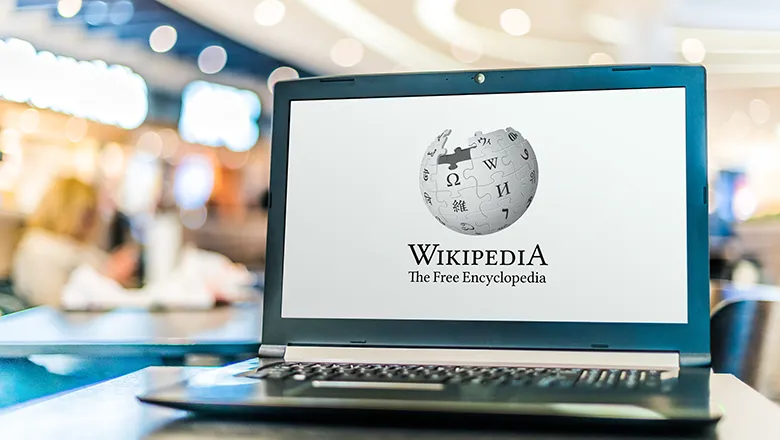It allowed a number of us to learn about Wikipedia editing and the nature of the production of knowledge on the Internet. As a woman who is currently working towards a career in politics, I thought it was amazing to have the opportunity to learn about all these incredible female politicians and political activists who have been unfortunately overshadowed by the male-dominated history of the discipline.”
Greta Ghiringhelli, BA International Relations
12 April 2021
Students create profiles of leading women in security studies to help rectify Wikipedia gender balance
War Studies students took part in a wikithon to learn how to create profiles of women in social sciences.

Students from the School of Security Studies took part in a Wikithon last month to improve women's representation in social sciences on Wikipedia, particularly in the fields of War Studies and International Relations.
Taking place during Women’s History month, the students were tasked with creating a profile for a woman who wasn’t currently featured on the online encyclopedia, either historical or contemporary.
Wikipedia is the largest global source of information and the fifth most visited website in the world. But only 18 percent of the biographies on Wikipedia’s English language site are of women compared with 83% about men. 84-91% of Wikipedia editors are men and are drawn from a very narrow demographic.
Wikithons are key to addressing the issue, as they train new editors in using Wikipedia and create new profiles for overlooked groups of women with notable achievements in different fields.
At the session, students created new profiles for notable women in the field of Security Studies, contributing a number of new profiles to the site.
Here are examples of the women they chose to write about:
- Candyce M Kelshall, military historian and security expert
“I feel proud of my subject and inspired by her. My subject has a notable path, and is a trailblazer of security in Canada, a woman!”
- Joan Rohlfing, President and Chief Operating Officer of the Nuclear Threat Initiative
“Joan Rohlfing broke the glass ceiling in an often male-dominated realm of study; her accomplishments of being one of the founders of the organization is exemplary for younger women, such as myself, who are looking to pursue security studies.”
- Rose Montmasson, political activist who contributed to the unification of Italy
“I was shocked that Rosalia Montmasson, the only woman to participate in Garibaldi’s Thousand Expedition which then led to Italy’s unification in 1861, was not a household name. Thus I jumped at this opportunity to enrich her Wikipedia page and hopefully allow her story to be shared and learnt by a wider audience of people.”
The participants reflected on the experience and shared their thoughts on why they took part:
I had no idea there was such a gap…I never even thought about it. But at the end of the day, it's just another representation of how our society is and the inequalities that women face on daily basis.”
Rafaella Piyioti, MA Conflict Resolution in Divided Societies
I felt it was important to recognise the work of women in the fields of war studies and international relations…I noticed that women’s work is often disregarded in this field."
Julia Blomet, BA International relations
As Wikipedia is often referenced as a first-stop source to gather the scope of information about the subject being searched, it is vital that women’s information in academia, history, etc. is readily available, and that their accomplishments are recognised. These discoveries have made me more passionate and encouraged to continue creating and editing profiles about women.
Miriam Yakobashvili, BA International Relations
“Women are systematically prevented in participating in public matters, or when we participate our contributions are stolen, deleted, cornered, dismissed. “When I realised that a woman who supports patriarchalism from the Far Right has a bio in Wikipedia…but my subject does not…having written many academic books and educated legions of people, I knew I could/should do something to advance the agenda of equality, and to set the right sources of inspiration.’
Julia Hodgins, MA International Affairs
